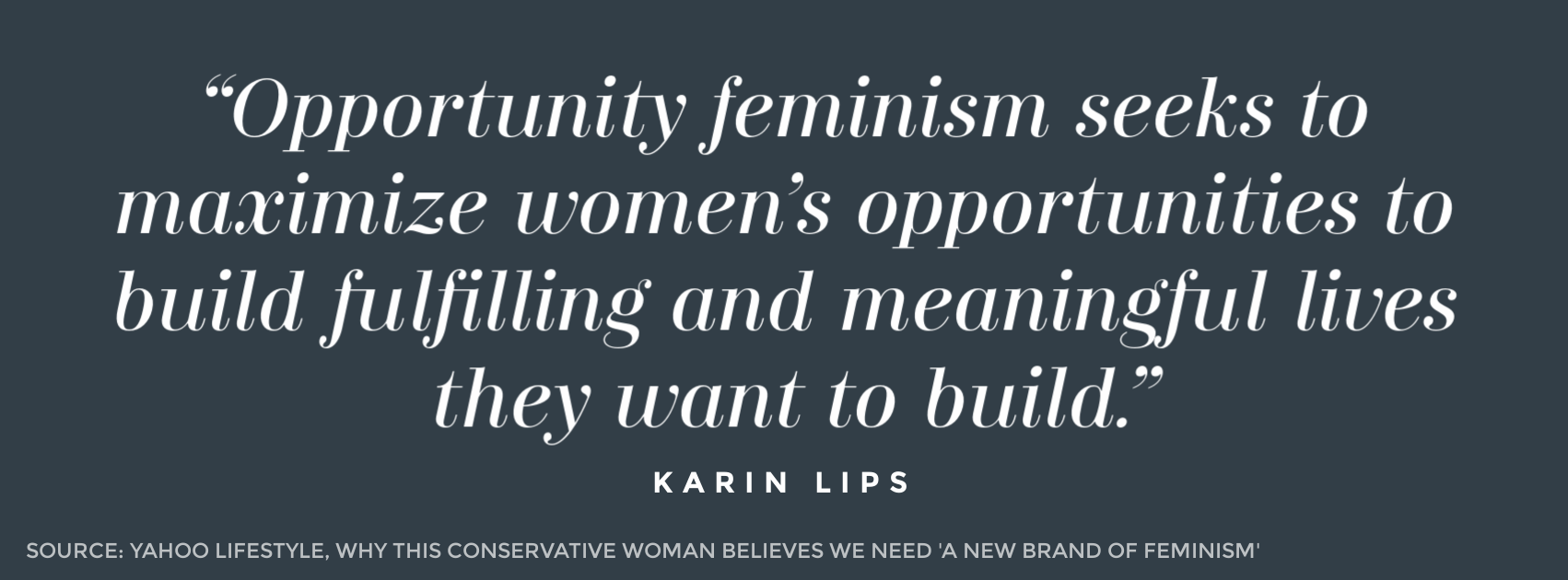Campuses need to learn how to handle elections
When Donald Trump won the presidency for the first time in 2016, many professors canceled classes, students held a “cry-in” at Cornell University, and Virginia Tech offered counseling for students who were “waking up with fear, anxiety, concern, questions, and confusion.”
Since then, liberals have experienced firsthand that the world didn’t end when Trump became president. It’s been eight years. The students have changed, but the professors and campus atmosphere haven’t. Professors need to learn how to handle political loss better so they can teach their students how to deal with defeat in a mature way. Instead, many on campus are infantilizing students after the 2024 presidential election.
Some professors at Columbia University, Harvard University, and the University of Pennsylvania, among others, canceled classes or pushed exams back in the wake of Trump’s victory. At Harvard, one class spent time doing origami. Georgetown University’s McCourt School of Public Policy created a “Self-Care Suite” with Legos, crayons, and milk and cookies — my preschooler would love to visit there! A Michigan State University professor offered students bonus points for attending classes, writing about the “overwhelming grief” students must be feeling and that “I understand that you are not in a state of mind to learn anything.”
This is the problem.
Professors should be able to teach after their political candidate loses. It might not be easy, but they should do it. And they should expect their students to be able to carry on as well. Rather than lowering expectations, campuses need to raise the expectations for their professors and students after elections.
We need more leadership and resilience on campus.
Unfortunately, at least one university employee went well beyond coddling students. A University of Oregon administrator was placed on leave after saying, “You can literally go f*** yourself if you voted for Donald Trump.”
While many professors and students expressed their profound disappointment after the 2024 election, not all students voted for Vice President Kamala Harris. In fact, Harris did worse with young voters than President Joe Biden. While Democrats have been able to count on the youth vote in recent presidential elections, Harris only won 54% of voters aged 18-29, compared to Biden who won 60% of the same age demographic in 2020.
Professors can certainly address the election in class, but they should do more than mourn it. They could discuss why Harris didn’t do as well with young voters as expected. They could talk about Trump’s media strategy, including targeted podcast interviews with shows that appeal to young voters. They could reflect on how people felt about Harris replacing Biden as the Democratic candidate in an extraordinary way. They could speculate on what Trump’s win means for universities.
There are tons of conversations professors could have with students. But to have those conversations, they have to show up for class, and so do their students.
Campuses are failing at their mission if they are fostering an environment where people can no longer function after political loss. Universities should be leading the way in teaching the next generation of leaders how to engage with different viewpoints. If not, it’s time for new leadership and rethinking higher education.
Karin Lips (@klips) is a contributor to the Washington Examiner’s Beltway Confidential blog. She is the founder and president of the Network of Enlightened Women and a senior fellow with the Independent Women’s Forum.
This article was originally published by the Washington Examiner.


